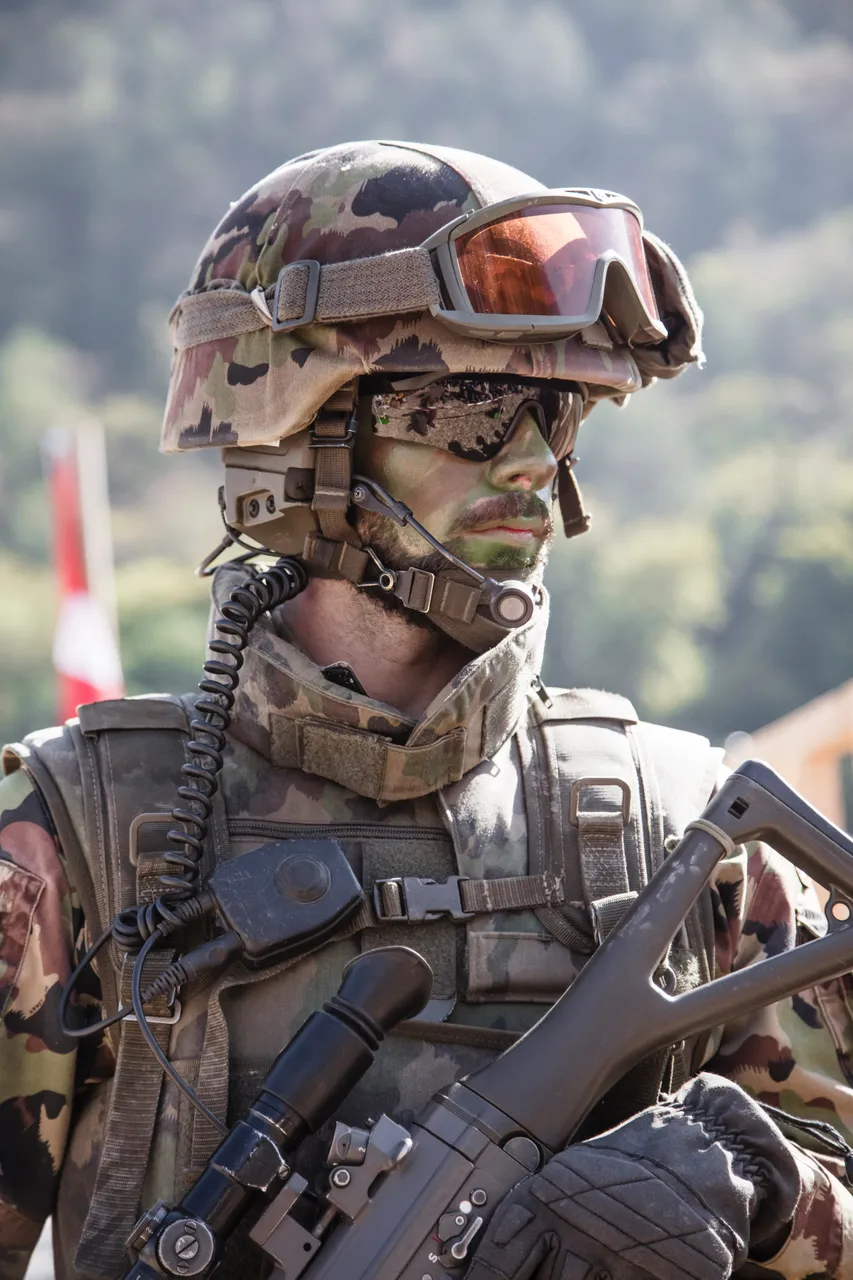 Photo by Filip Andrejevic on Unsplash
Photo by Filip Andrejevic on Unsplash
I am the kind of person who thinks that dialogue can effectively settle any conflict. However, for dialogue to be successful, all sides to the conflict must be willing to make concessions and strive toward a resolution of their differences. However, disputes and wars remain rife on earth because, as a whole, human nature is antagonistic to peace.
To defend its territorial integrity against other nations, every nation has a military. The greatest method to attack, in my opinion, is by defending. Therefore, every nation needs to have an army or join an alliance to protect itself from invading forces.
The military is highly revered since it plays a significant role in every nation. They have greater firepower than any other agency, and they are also the first to act in times of war or an attack by an outside force.
 Photo by jan abellan on Unsplash
Photo by jan abellan on Unsplash
What about the Paramilitary?
According to Wikipedia:
The paramilitary receives the same training as the military but is not considered a part of the nation's military. Most paramilitary organizations are designed to support a nation's police or military forces. While some are founded to uphold a political or religious cause, such as the Umkhonto we Sizwe, the armed wing of the South African party African National Congress (ANC), which carried weapons to further ANC's goals and oppose the country's Apartheid regime. Any paramilitary that was not established by a government is viewed as a militia, guerrilla, insurgent, terrorist, etc.
Military or paramilitary: Which would I choose?
My preference is not to join any force, but if I have to choose between the military and the paramilitary, I will choose the latter.
Why?
They are not the first victims whenever war or conflict begins, which is one of the motivations for joining the paramilitary. They are only brought into the conflict when the administration deems it necessary.
Another factor is the role played by government-organized paramilitaries in maintaining internal peace in a nation. The People's Armed Police in China is an illustration of this type of paramilitary. PAP in China should not be confused with the People's police, the country's civilian national police. Although the PAP lacks the authority to deal with crime and investigations, they are there to assist in times of unrest and other internal issues. If there is a war, they can also be enlisted into the army.
The paramilitary serves a greater purpose in times of peace since they can carry out certain extremely difficult tasks that other organizations, like the police, are unable to do while simultaneously relieving the military of their burden.
An important role was played by the State Defense Force, a paramilitary organization that is exclusively under the control of the state governments, during the COVID-19 epidemic in the USA.
What will I bring to the table?
Well, if I joined any paramilitary organization, I would faithfully carry out my responsibilities and, if given the chance, go up the organizational ladder. Because one of the issues with paramilitaries is that they are so readily corruptible, I would make sure that corruption in the paramilitary group is kept to a minimal minimum.
The organization's discipline would also be improved, and I would educate the public about the roles that the organization plays and how important they are. as a result, the group will get more recruits.
